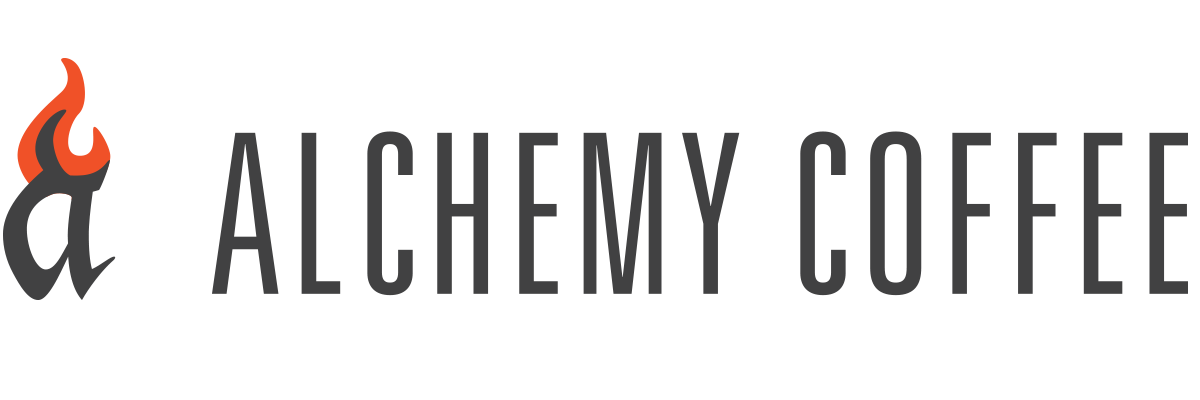One of the most frequent questions that we get is ‘why don’t you offer decaf’? We understand that for some of you this is frustrating, especially if you have a medical condition that prevents you from ingesting significant amounts of caffeine. At the simplest, the answer to this question is that we don’t offer decaf because the best coffees in the world aren’t available decaffeinated. Only lesser coffees are made available through this process. But why is that?
The best coffee is sourced through direct trade
First, to understand this, you need to understand the basics of coffee sourcing/supply chain. Farmers grow coffee, all over the world, and rely on either direct trade or brokers to get the coffee to a roaster. Roasters and brokers are best equipped to judge quality and pay different prices per pound accordingly (generally between $1 to $4 per pound). The best coffees in the world are traceable from farm to cup and most of the time it’s sold through direct trade. This enables two-way dialogue between the farmer and roaster to create a feedback loop.
Swiss Water Process isn’t the issue
Coming back to the decaffeination process, there are basically 2 methods that are used: a chemical process and the ‘Swiss Water’ process. I don’t think any respectable entity would still use the chemical process anymore, so we’ll restrict this discussion to the ‘Swiss Water’ process. Swiss Water process uses the elements of water and a Green Coffee Extract (GCE) for caffeine removal. Caffeine ventures out on its own, away from the coffee beans into the GCE until the ratio of soluble compounds in the GCE to the compounds in the coffee reach the point of equilibrium. Caffeine and GCE flow continuously through carbon filters until all the caffeine is trapped and separated from the GCE. While this isn’t the best way to treat the coffee, it’s not where we take issue.
The decaffeinator is a constraint that most specialty coffees cannot overcome
What’s important to understand at this point is that coffee roasters don’t decaffeinate coffee, a third-party does. So what does that mean? It means 2 things: first that there are volume minimums, generally 1/4 of a shipping container. Second, the coffee has to travel through the decaffeinator before arriving at the roaster, a trip that is easier in some parts of the world than others. When considering the latter, if you’re buying a coffee from Brazil, where Swiss Water has a processing facility, you can enable this while adding just $1/lb to the cost. But if you’re looking to decaffeinate an Ethiopian coffee, it will most likely travel through Vancouver BC, adding just as much, if not more, cost per pound to decaffeinate as you’re paying for the coffee itself.
So not all coffee is available as decaf and almost none of the world’s best coffees are. Coffee roasters are constrained in what they can get as decaf, meaning that they’re making a concession at this point. And back to the first constraint, volume matters too. As a third-party, the decaffeinator isn’t looking to bring in a small batch of coffee (which the best coffees in the world are) to decaffeinate because scale matters. Each coffee that they decaffeinate has to be individually calibrated/processed, something that can produce a certain amount of waste. You can’t do that in a viable manner with small batches (which the world’s best coffees typically are) because by the time you’ve got that coffee’s individual settings down, you’ve run out of coffee. How big an issue is this? For the average Specialty Roaster who brings in 30 distinct single-origin coffees throughout the year, only 6 of those coffees will have enough volume to enable decaffeination.
So, given these volume and shipping cost constraints, decaffeination introduces a concession in quality that doesn’t align with our mission of bringing the best coffees that we can find to serve you.

